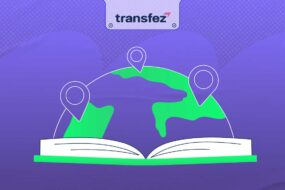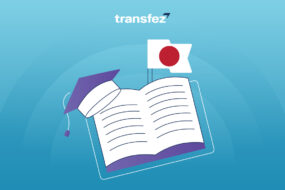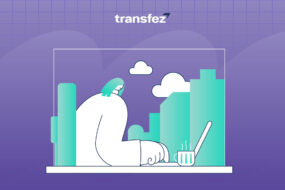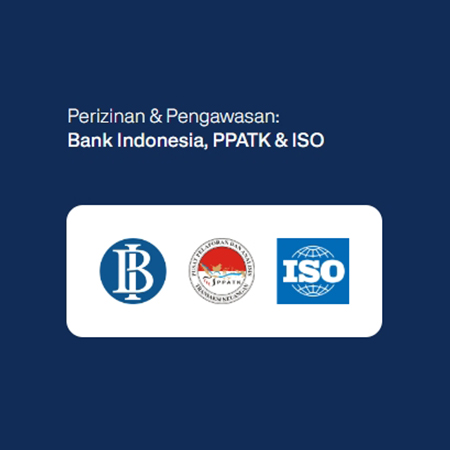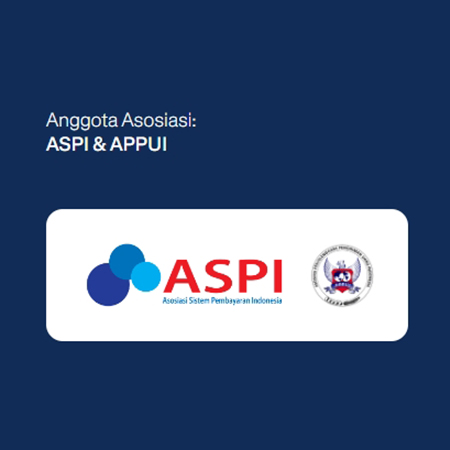The Germany education system is known as one of the best in the world. The country excels not only in technology and economy but also in how it educates its younger generation. Many people wonder: what makes education in Germany so special? Well, in this article, we’ll explore seven unique facts about the Germany education system that you may not know yet. Let’s dive in and expand your knowledge!
Also read: Remittances Boost Indonesia’s Economy, Transfez Plays a Part Too
1. Free Education from Kindergarten to University
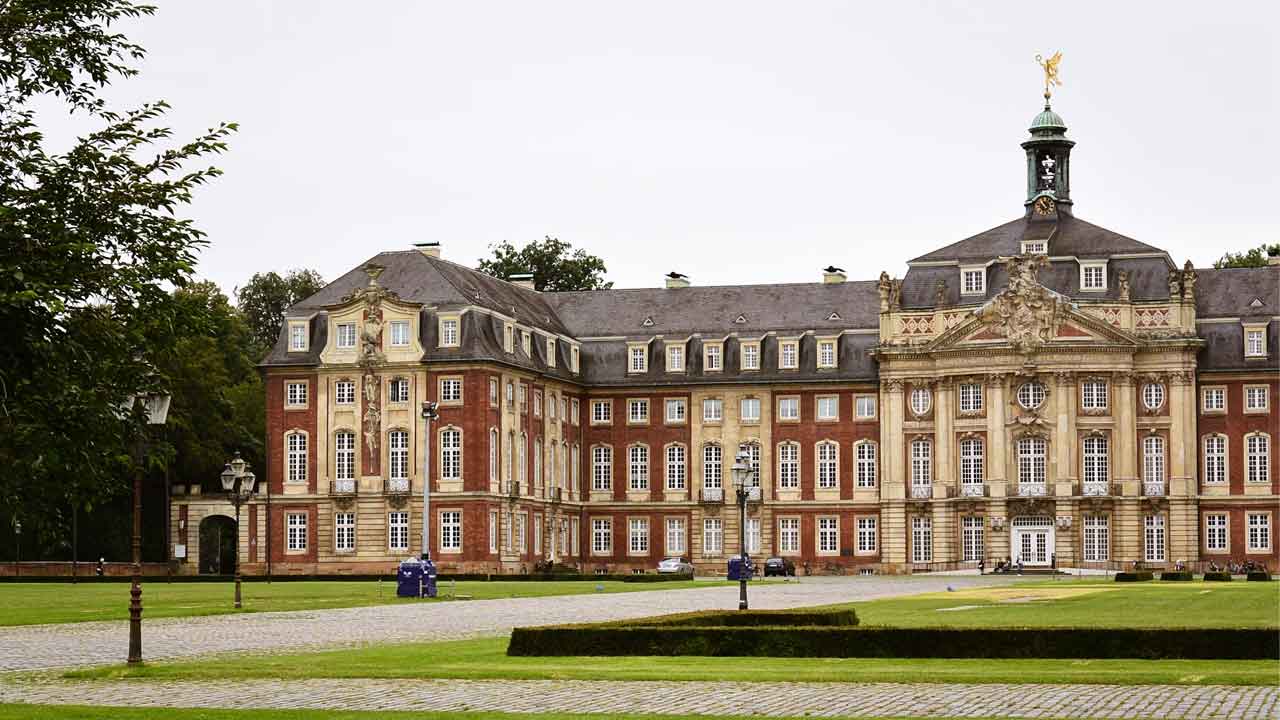
One thing that makes people envious of the Germany education system is that all levels of education—starting from kindergarten to public universities—are free! The German government believes that education is a right, not a privilege. So, both local and international students accepted at public universities don’t have to pay tuition fees. Cool, right?
Imagine, while other countries charge sky-high tuition fees, Germany opens its doors wide to anyone willing to learn. Even though it’s free, the quality is top-notch. German universities like the Technical University of Munich and Humboldt University often rank among the world’s best. Of course, you still need to prepare for living costs like food and housing, which aren’t cheap there.
Transfez, Send Money Easily to 70+ Countries Worldwide
2. Primary School Lasts Only 4 Years
In Indonesia, primary school lasts six years, but in Germany, it’s only four! Children start school at age 6 and finish when they’re 10. After that, they move on to secondary school based on their skills and interests. Pretty short, right?
This system is designed to quickly build strong foundations in reading, writing, and math before students start specializing. At the end of primary school, teachers usually recommend the most suitable type of secondary school for each child—whether academic or vocational. This makes German education more focused from an early age, although it’s sometimes debated because kids are still so young to be “steered” toward their future paths.
Also read: 7 Safety Tips for Living in Germany For Indonesian Students & Workers
3. Three Unique Types of Secondary School

After primary school, German students don’t move on to middle school like in Indonesia. They choose from three types of secondary schools: Hauptschule, Realschule, and Gymnasium. Hauptschule focuses on practical skills for immediate work, Realschule offers a mix of theory and practice, and Gymnasium prepares students for university. This choice is usually based on academic performance in primary school.
Hauptschule suits those who enjoy hands-on work, like becoming a technician or carpenter, and typically ends at age 15-16. Realschule is more flexible, allowing students to work or continue vocational studies, while Gymnasium is the elite track for university, culminating in the Abitur exam. This system makes German education very efficient, but it’s also sometimes criticized for channeling children too early.
4. Homeschooling Is Strictly Prohibited
In Germany, homeschooling is illegal! The government requires all children aged 6 to 15 to attend formal educational institutions. The reason is to ensure that every child gets equal education and socialization opportunities. So, unlike other countries where parents can homeschool their kids, in Germany, it’s not allowed.
This rule stems from very strict educational laws. The German government believes school isn’t just for academic learning, but also for teaching kids how to live in society. If caught homeschooling, parents can face fines or even jail time. Pretty unique compared to other countries, right?
5. A Strong Vocational Training System
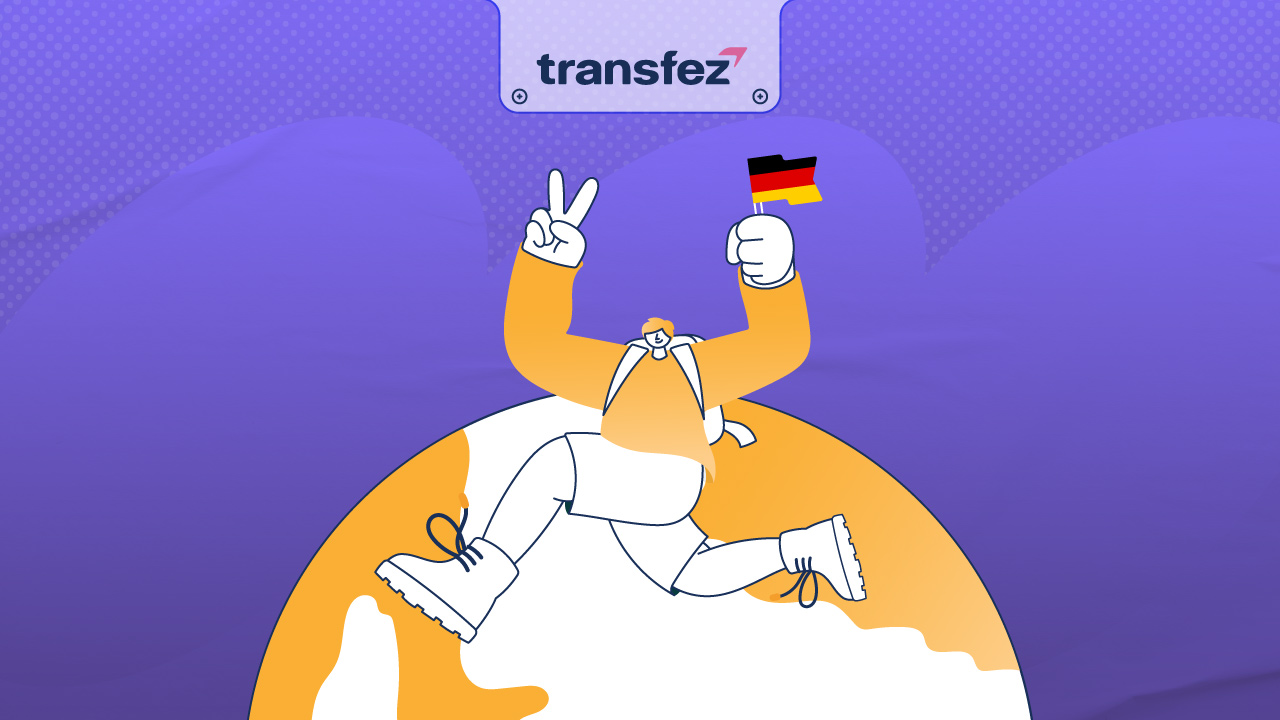
Germany is famous for its “dual system” in vocational education. This system combines classroom learning with real-world work experience. So, vocational students don’t just sit in class—they actually work and even get paid! These programs usually last 2-3 years and are key to developing a skilled workforce.
For example, a student training to become a car mechanic might study theory two days a week at school and spend the other three days working in a garage. The result? Germany’s youth unemployment rate is much lower than in other countries—only around 8%. This system is so effective that countries like Spain have adopted it.
Read Other Transfez Articles About Education
How the Japan Education System Shapes Discipline from an Early Age
Inside the Singapore Education System: Secrets Behind Its Global Success
What You Need to Know About UK Education System
A Complete Guide to the Education System in Australia
6. No University Graduation Ceremonies
Ever imagined graduating from college without a grand ceremony in a cap and gown? In Germany, that’s totally normal. Graduates receive their diplomas by mail a few weeks after passing their final exams. No big ceremonies like in Indonesia or elsewhere. Pretty simple, right?
For Germans, graduating is a personal achievement, not something to celebrate with extended family. They focus more on the learning process than the ceremony itself. Still, many international students are surprised by this tradition—especially those who dream of wearing a cap and gown for graduation photos.
7. Education Focuses on Independence
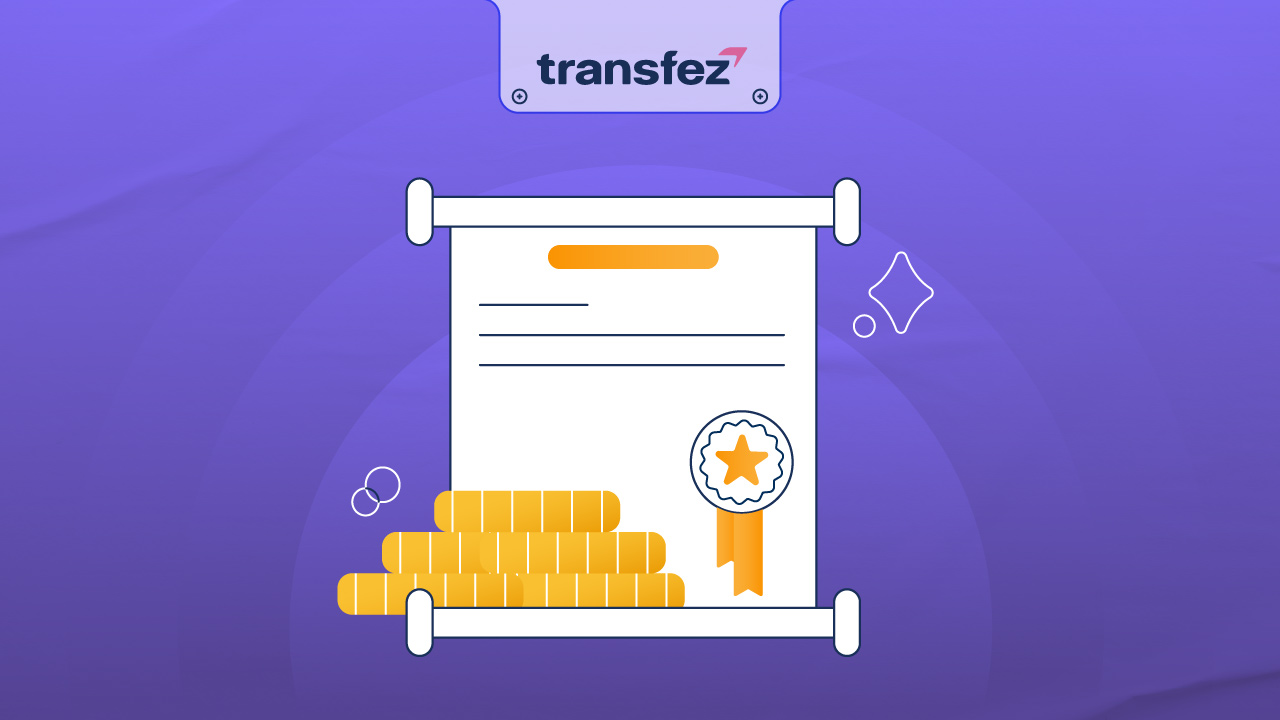
The German education system doesn’t just teach subjects—it teaches independence. Children are encouraged to think critically, make their own decisions, and take responsibility for their choices. Teachers act more as facilitators than as people who simply give answers. It’s very different from systems that just “spoon-feed” students.
For instance, in Gymnasium, students must prepare for the tough Abitur exam mostly on their own, with little direct guidance. They’re expected to study independently and find their own ways to understand the material. As a result, German graduates are known for being logical and creative thinkers, making them competitive in the global workforce.
Download the Transfez App
The Transfez app can help you transfer money abroad faster, more affordably, and more efficiently. Transfez Business also supports your business with international transactions. If you want to send money to relatives overseas—whether they’re studying, working, or traveling—Transfez is ready to help. The app is available for Android and iOS. Download it now!
So those are seven unique facts about the Germany education system that might amaze you. From free education and diverse school tracks to the ban on homeschooling, Germany has its own way of preparing the next generation. Interested in studying there? Start brushing up on your German and plan ahead!


